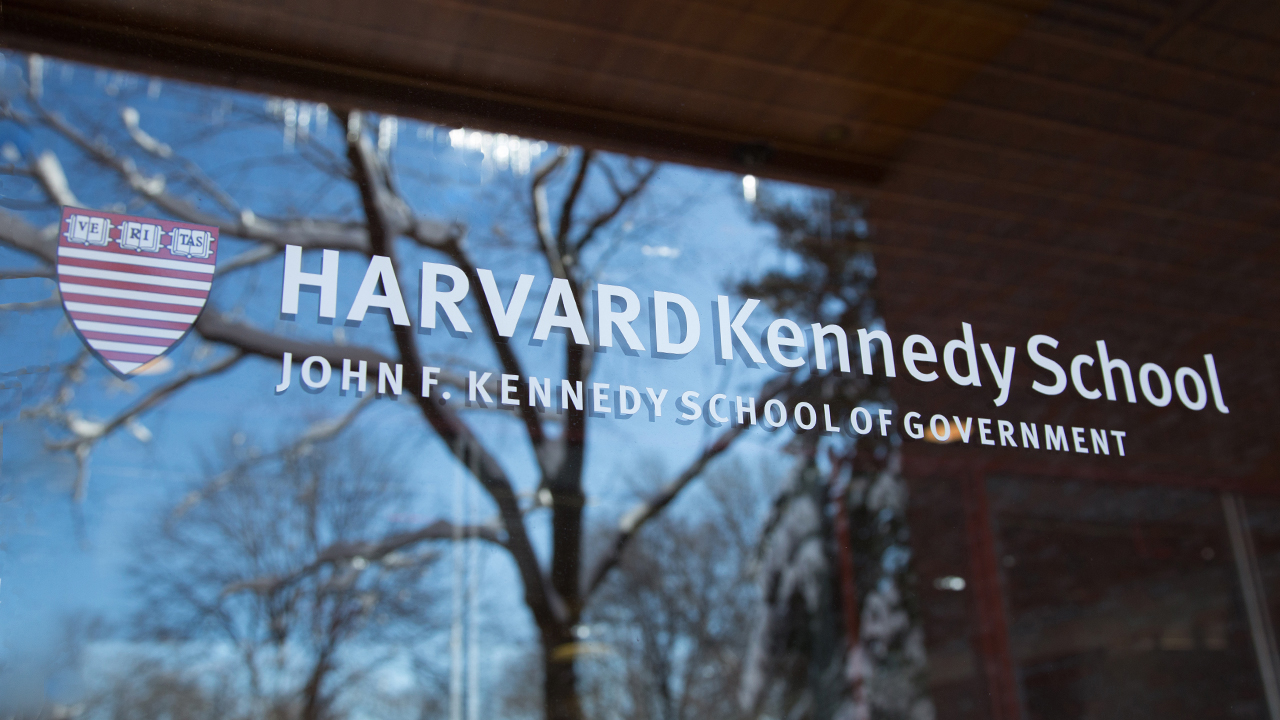
- Details
- By Native News Online Staff
Since 1987, the Project has brought together staff and affiliate researchers to uncover and support the conditions that are critical for Indigenous communities to thrive economically, socially and culturally.
Its findings have produced major discussions in Indian Country, per prior Tribal Business News reporting. A policy brief filed late last year outlined the use of geographic information systems in supporting land-back efforts. The Project also went to bat for tribes that found themselves underfunded in the wake of American Rescue Plan Act distributions, per a November 2021 Tribal Business News story, by gathering and publishing spending data on fund disbursements — and finding that tribes with already strong pre-pandemic economies received more funding on average than tribes.
The $15 million gifts will support the Project’s expansion to include a new professorship, programming initiatives, and a senior fellowship, all meant to enhance practical research, teaching, leadership development, and policy analysis with Native communities, per a Kennedy School announcement. Expanded work will include:
- Public policy and administration research.
- Advancing governance and economic development in Indigenous communities.
- Field research projects.
- Discussions of existing tribal governance and their innovations in leadership.
“Through research as well as outreach and engagement with Indigenous nations and communities, the Harvard Kennedy School Project on Indigenous Governance and Development models the School’s mission of improving public policy and leadership,” Douglas Elmendorf, the Kennedy School’s Dean, said in a statement. “The generosity of our donors allows us to strengthen and expand our work with Native communities in meaningful ways, and we are grateful for this support.”
Specifically, gifts from the Endeavor Foundation will establish the Julie Johnson Kidd Professorship of Indigenous Governance and Development Endowment Fund, while a gift from the Chickasaw Nation will establish the Ittapila Program for Nation Building Education and Outreach Endowment Fund.
A gift from Joseph P. Kalt and Judith K. Gans will establish the endowed Senior Fellowship of Indigenous Governance and Development Endowment Fund, bringing together senior leadership from across Indian Country. Finally, a gift from the Shakopee Mdewakanton Sioux Community will support the Project’s nation-building research and tribal outreach.
As well, the Project — formerly called the Harvard Project on American Indian Economic Development — has been renamed to reflect the “global scale” of its development work with Indigenous communities, per the school’s statement.
“This is an important moment in the history of Harvard Kennedy School,” said Megan Minoka Hill, Oneida Nation WI; Senior Program Director, Harvard Kennedy School Project on Indigenous Governance and Development; and Director, Honoring Nations. “With these endowments, the School is committing itself to supporting Indigenous governance and development in perpetuity and providing a place to welcome and honor the voices and perspectives of tribal leaders across Indian Country, alongside all world leaders.”
These latest gifts serve as proof that the work is worth doing, said Hill.
“It is an incredible validation of the impact of the Project’s 35 years of research and teaching—done in partnership with tribal nations—to support Indigenous self-determination and sovereignty,” she said in a statement.
More Stories Like This
Bipartisan Vote Keeps Institute of American Indian Arts Alive and FundedNew UNLV Executive Certificate Focuses on Tribal Governance, Economic Leadership
Bureau of Indian Education Graduation Rates Increase as Agency Reforms Fold into Interior and Labor Departments
Deb Haaland Announces Education Platform, Secures Teachers Union Backing
Native Americans Could Be Hit Hard as Education Department Resumes Student Loan Wage Garnishment
Help us defend tribal sovereignty.
At Native News Online, our mission is rooted in telling the stories that strengthen sovereignty and uplift Indigenous voices — not just at year’s end, but every single day.
Because of your generosity last year, we were able to keep our reporters on the ground in tribal communities, at national gatherings and in the halls of Congress — covering the issues that matter most to Indian Country: sovereignty, culture, education, health and economic opportunity.
That support sustained us through a tough year in 2025. Now, as we look to the year ahead, we need your help right now to ensure warrior journalism remains strong — reporting that defends tribal sovereignty, amplifies Native truth, and holds power accountable.
 The stakes couldn't be higher. Your support keeps Native voices heard, Native stories told and Native sovereignty defended.
The stakes couldn't be higher. Your support keeps Native voices heard, Native stories told and Native sovereignty defended.
Stand with Warrior Journalism today.
Levi Rickert (Potawatomi), Editor & Publisher


